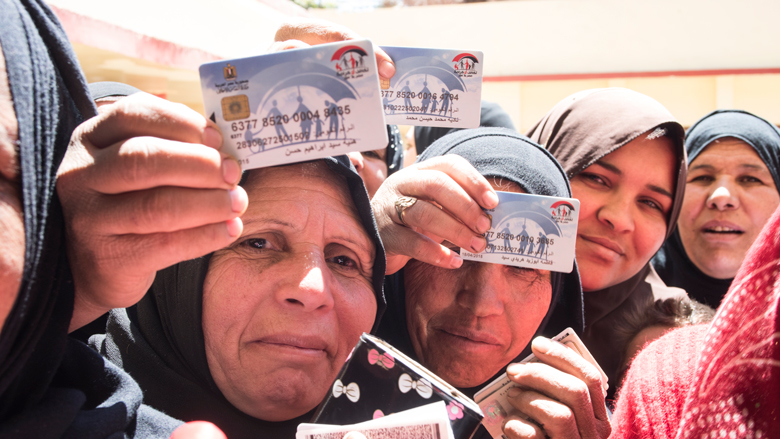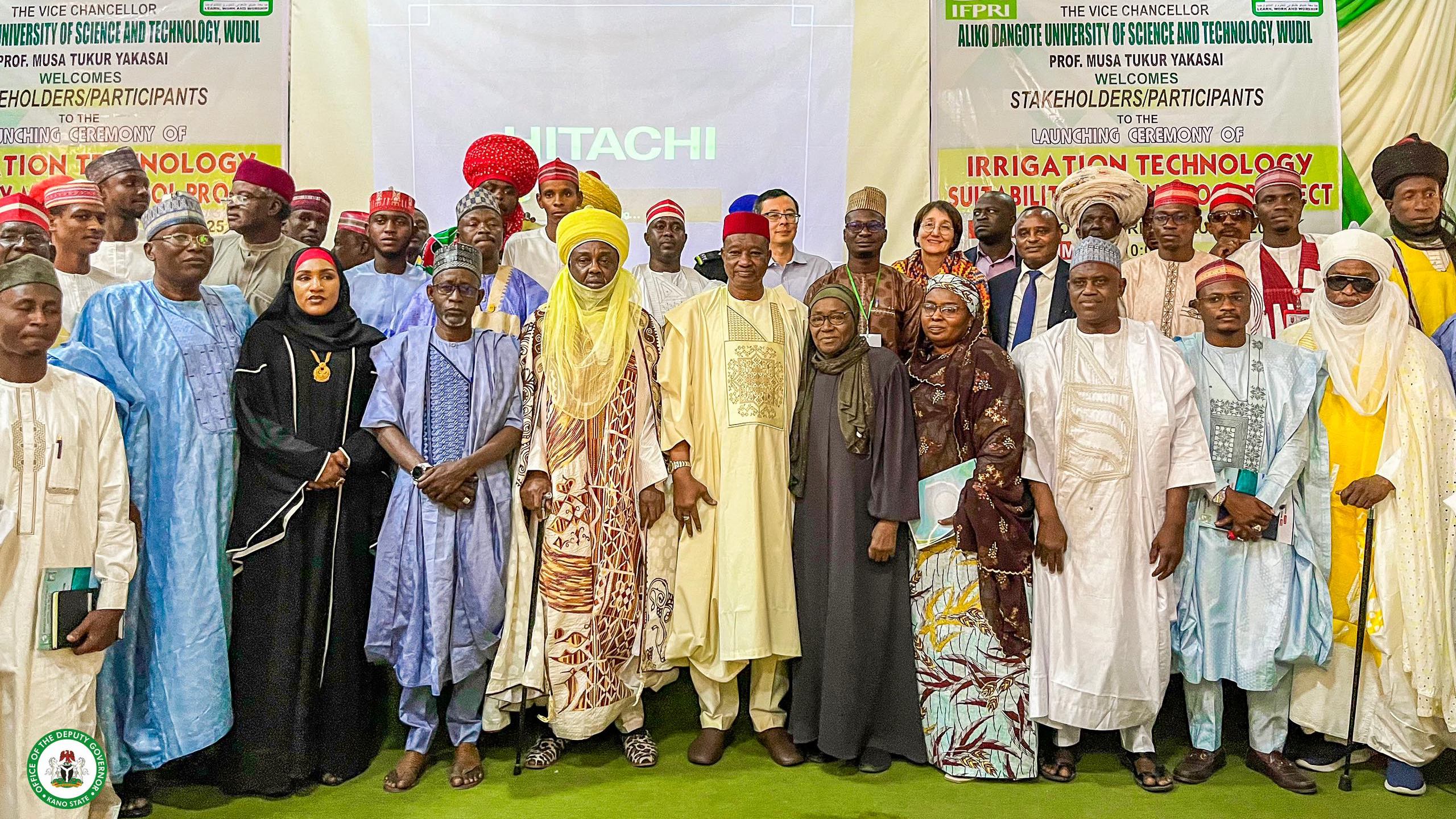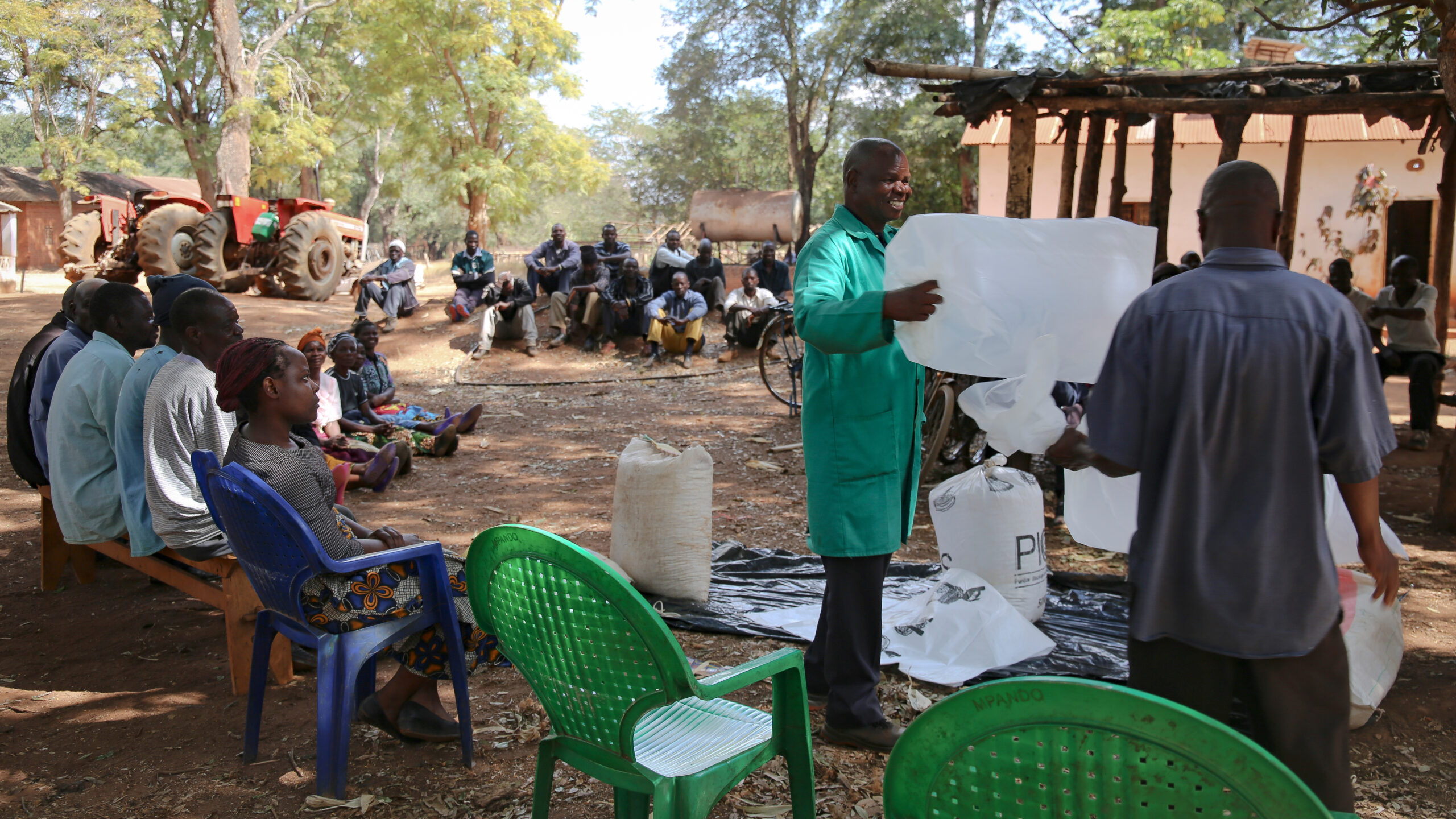In many low- and middle-income countries, social protection programs such as cash transfers are seen as essential tools for alleviating poverty. Egypt’s Takaful program, launched in 2015, is a flagship example, targeting poor households with monthly cash transfers to improve their well-being. While cash transfers are increasingly popular and being scaled up globally, their effectiveness is often debated—especially when it comes to their short-, medium,- and long-term impacts.
While cash transfers can alleviate immediate financial strain, the lasting effects on household behavior—such as consumption patterns, asset accumulation, and income stability—are less clear. Policymakers and donors need a better understanding of how these programs contribute to sustainable improvements in household welfare, particularly in a volatile economic environment like Egypt’s.
This post aims to shed light on the medium-term impacts of Takaful, focusing on its broader economic effects beyond immediate consumption. With data collected in 2022, we explore how the program affects financial well-being outcomes such as investment in assets, debt, labor market participation, and income. Among our varied findings: Takaful reduced wage income, but increased ownership of productive assets that would increase total household income in the future. Households also made investments in children’s schooling, which also tends to lead to increased income in the future.
These questions are urgent not only because cash transfers are widely used, but because understanding their longer-term implications is crucial for designing policies that go beyond providing short-term relief and foster long-term economic resilience. Thus, our findings are helpful for policymakers as they navigate the complexities of designing comprehensive social protection strategies to promote poverty alleviation.
Takaful, launched in 2015, targets poor households and provides monthly transfers based on household demographics, with additional support linked to children’s education and health. The data for this analysis comes from a 2022 survey conducted across several regions of Egypt, including both rural and urban areas. The survey used a regression discontinuity design to estimate causal impacts, leveraging the program’s eligibility threshold determined by a proxy means test (PMT). This methodology allows for a clear comparison between households just above and below the eligibility cutoff, measuring causal effects.
While our results show that Takaful had no significant impact on overall consumption, including food and non-food expenditures, it did lead to a noticeable decrease in monthly wage income—almost equal to the average transfer received (though beneficiaries may report income levels that reflect caution about their eligibility for Takaful).
There are at least two interpretations for these results. First, one of the eligibility requirements for receiving Takaful transfers is a lack of sufficient wage income. Consequently, beneficiaries may either have underreported wage income or substituted labor towards informal employment. That would be consistent with the findings in a study in Brazil also showing that households substituted labor away from wage employment because it was part of the measurement of the PMT score that determined eligibility for the program.
Second, at the time of the study, the COVID-19 pandemic was causing nearly unprecedented levels of inflation, so holding assets may have preserved more value than holding cash. On employment, the findings show the program leading to little change in overall participation, although there is weak evidence of a reduction in employment among men.
The potential income substitution effect underscores the importance of complementing cash transfer programs with labor market initiatives to ensure that beneficiaries can still participate in productive employment while benefiting from financial support. Indeed, the Government of Egypt has established the Forsa program for Takaful beneficiaries who “graduate” from cash transfers and begin receiving either training or assets for income generation activities.
While Takaful did not significantly change overall consumption patterns, it had a notable impact on asset ownership, especially productive assets such as irrigation equipment. Beneficiaries accumulated 50% more assets compared to non-beneficiaries, indicating that households may be using the transfers to make long-term investments that may improve their future income. This shift towards asset accumulation, particularly in productive assets, suggests that cash transfers can help households build economic resilience, even without immediate changes in consumption.
Another important result is the decrease in informal debt, a significant issue for many Egyptian households. Beneficiaries reported lower levels of debt—particularly informal debt from sources such as installment payments to local vendors. This type of debt reduction improves financial stability and frees up resources that could be used for further investments or consumption. The key finding is that the Takafulprogram substantially improved the financial health of beneficiaries. Takaful beneficiaries also made substantial investments in human capital, increasing enrollment of children in primary and preparatory school.
The findings from the evaluation point to several benefits to household well-being. To maximize these benefits, the following policy actions can further improve the success of the program:
- Promote investment in productive assets: Policymakers should ensure that cash transfers are linked to initiatives that encourage investment in long-term, income-generating assets. This could include providing matching grants for agricultural tools or small-scale businesses. Doing so would help households use the transfers to build assets that increase their future economic stability, reducing reliance on short-term consumption.
- Address potential income displacement: The negative impact on household income, which appears to be displaced by the transfer, suggests a need for complementary interventions that support labor market participation, such as the Forsa program. Integrating skill-building programs or employment incentives for beneficiaries can help mitigate this effect, ensuring that cash transfers do not discourage labor force participation, especially among men.
- Strengthen financial literacy and access to formal credit: The reduction in informal debt is a promising outcome, but there is potential to expand these gains by improving financial literacy among beneficiaries and promoting access to formal credit. Providing financial education could help households better manage their resources and make smarter investment decisions, reducing dependence on high-interest informal credit.
- Ensure a balanced approach between short-term aid and long-term empowerment: Cash transfers alone may not be sufficient for long-term poverty reduction. Complementing Takaful with programs that enhance education, health, and employment opportunities will empower beneficiaries to use their increased assets more effectively, leading to sustained improvements in household welfare.
These key policy recommendations aim to enhance the long-term impact of Egypt’s Takaful program by promoting productive asset investments, addressing income displacement, strengthening financial literacy, and balancing short-term aid with long-term empowerment. These actions stem from findings that Takaful helps accumulate assets and reduce informal debt but may displace income and have limited short-term consumption effects. Supporting beneficiaries’ long-term investments and financial stability will maximize the program’s effectiveness, ensuring that cash transfers contribute to both immediate relief and sustained economic resilience.
Naureen Karachiwalla is a Research Fellow with IFPRI’s Poverty, Gender, and Inclusion (PGI) Unit; Daniel Gilligan is Director of PGI; Sikandra Kurdi is a Research Fellow and Country Program Leader for Egypt with IFPRI’s Development Strategies and Governance (DSG) Unit. This post is based on research that is not yet peer-reviewed; opinions are the authors’.
This work was supported by the CGIAR Initiative on National Policies and Strategies.







